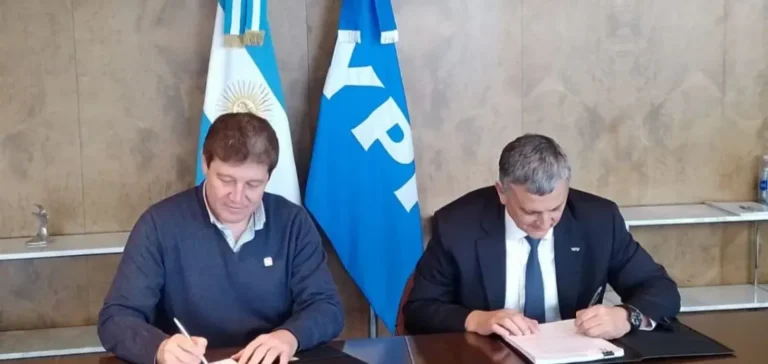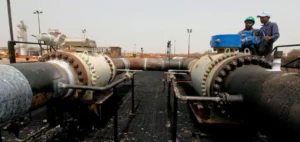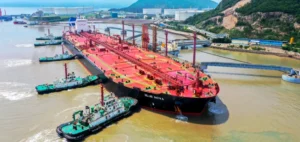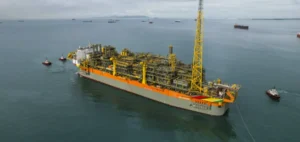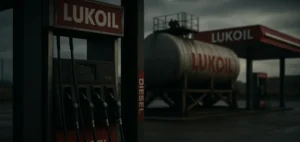The Argentine company Yacimientos Petrolíferos Fiscales (YPF) has signed a Memorandum of Understanding (MOU) with the government of the province of Tierra del Fuego to transfer the management of seven conventional oil zones to the provincial public company Terra Ignis. The transfer includes the Los Chorrillos and Lago Fuego blocks, as well as Fractions A, B, C, D, and E located in the southern part of the province.
This strategic move is part of YPF’s “4×4” roadmap, which is based on four pillars: improving operational efficiency, optimizing its asset portfolio, developing the Vaca Muerta shale oil and gas formation, and expanding energy projects considered strategic by the company.
Investment Reallocation and Long-Term Strategy
According to YPF, the transfer of these zones will enable the company to redirect its investments toward more profitable segments. The stated goal is to generate up to USD 30 billion in exports by 2030. The oil group thus aims to focus on high-potential assets while reducing its responsibilities on mature or lower-yield fields.
For the province of Tierra del Fuego, this operation seeks to strengthen local governance over energy resources. Governor Gustavo Melella described it as a step toward increased energy autonomy. Terra Ignis, created in 2017 by the provincial government, is now responsible for the exploitation and development of these blocks, with the ambition of becoming a leading regional player.
Operational Challenges for Terra Ignis
Despite its new role, Terra Ignis faces structural challenges. Since its inception, the company has been criticized for a lack of tangible activity and insufficient transparency in the management of its funds. The síndico (auditor) confirmed that no productive operations had yet been carried out, despite several million Argentine pesos being allocated to its operations.
An inventory project, carried out in collaboration with the Consejo Federal de Inversiones (CFI), made it possible to assess the assets transferred by YPF, including any potential environmental liabilities. A business plan was also developed, setting out Terra Ignis’ priorities and capacities for the coming years.
Redistribution of Roles in the Energy Ecosystem
This asset transfer reflects YPF’s desire to focus on strategic projects such as Vaca Muerta, while handing over conventional fields to local operators. For Terra Ignis, it represents an opportunity to become a lever for territorial energy development aligned with provincial priorities.
By assuming direct management of its natural resources, the province of Tierra del Fuego aims to attract new investment, boost local value creation, and secure revenue from hydrocarbon exploitation. The success of this transition, however, will depend on Terra Ignis’ ability to structure its operations and build credibility with public and private partners.


